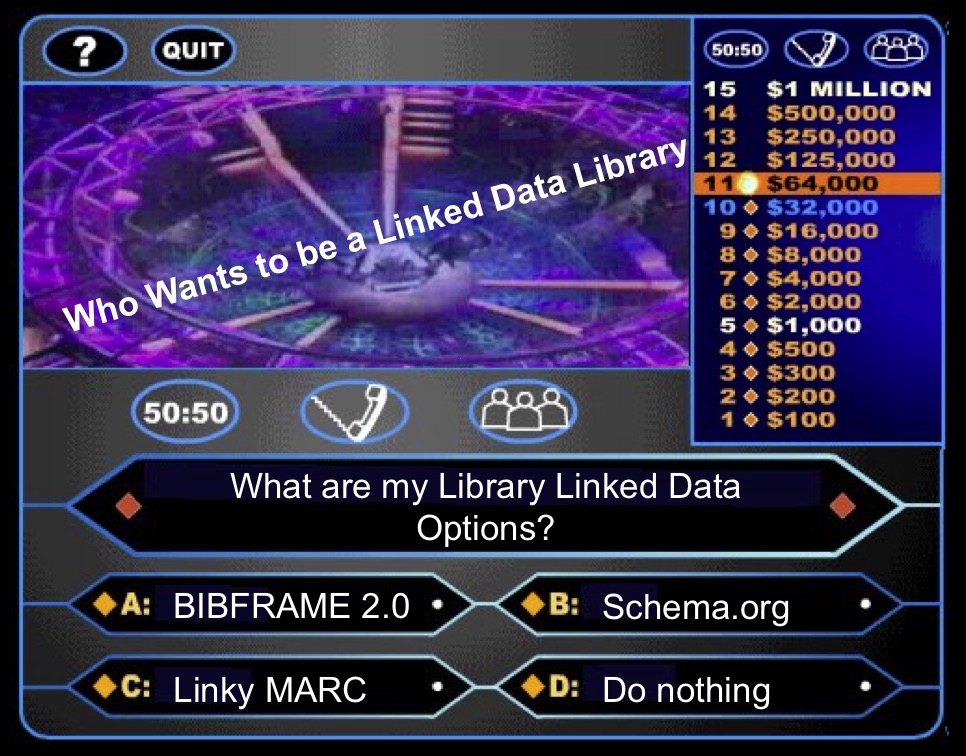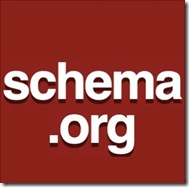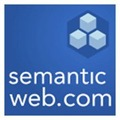They’re released! A couple of months back I spoke about the preview release of Works data from WorldCat.org. Today OCLC published a press release announcing the official release of 197 million descriptions of bibliographic Works. A Work is a high-level description of a resource, containing information such as author, name, descriptions, subjects etc., common to all editions of the work. The description format is based upon some of the properties defined by the CreativeWork type from the Schema.org vocabulary. In the case of a WorldCat Work description, it also contains [Linked Data] links to individual, OCLC numbered, editions already shared …










